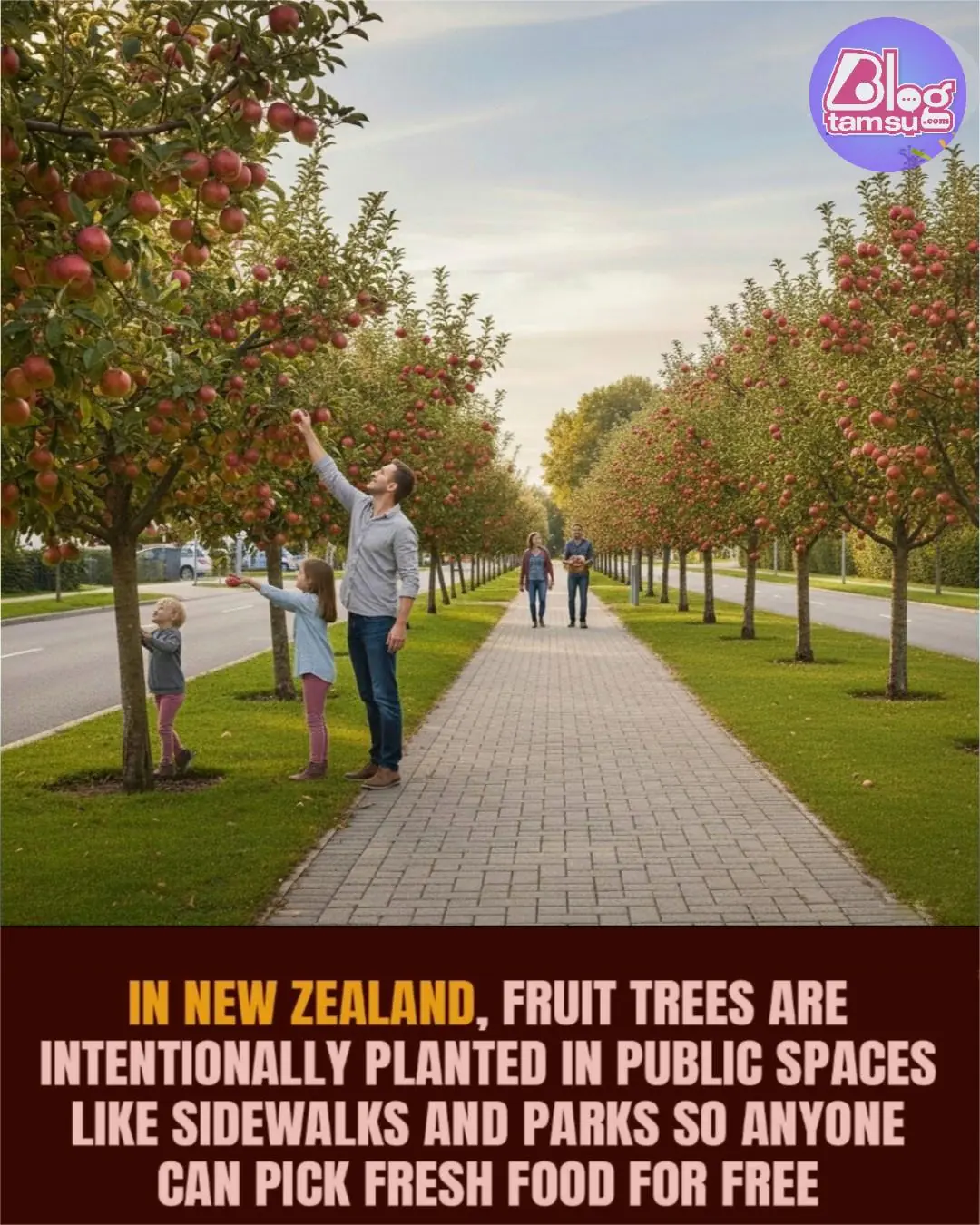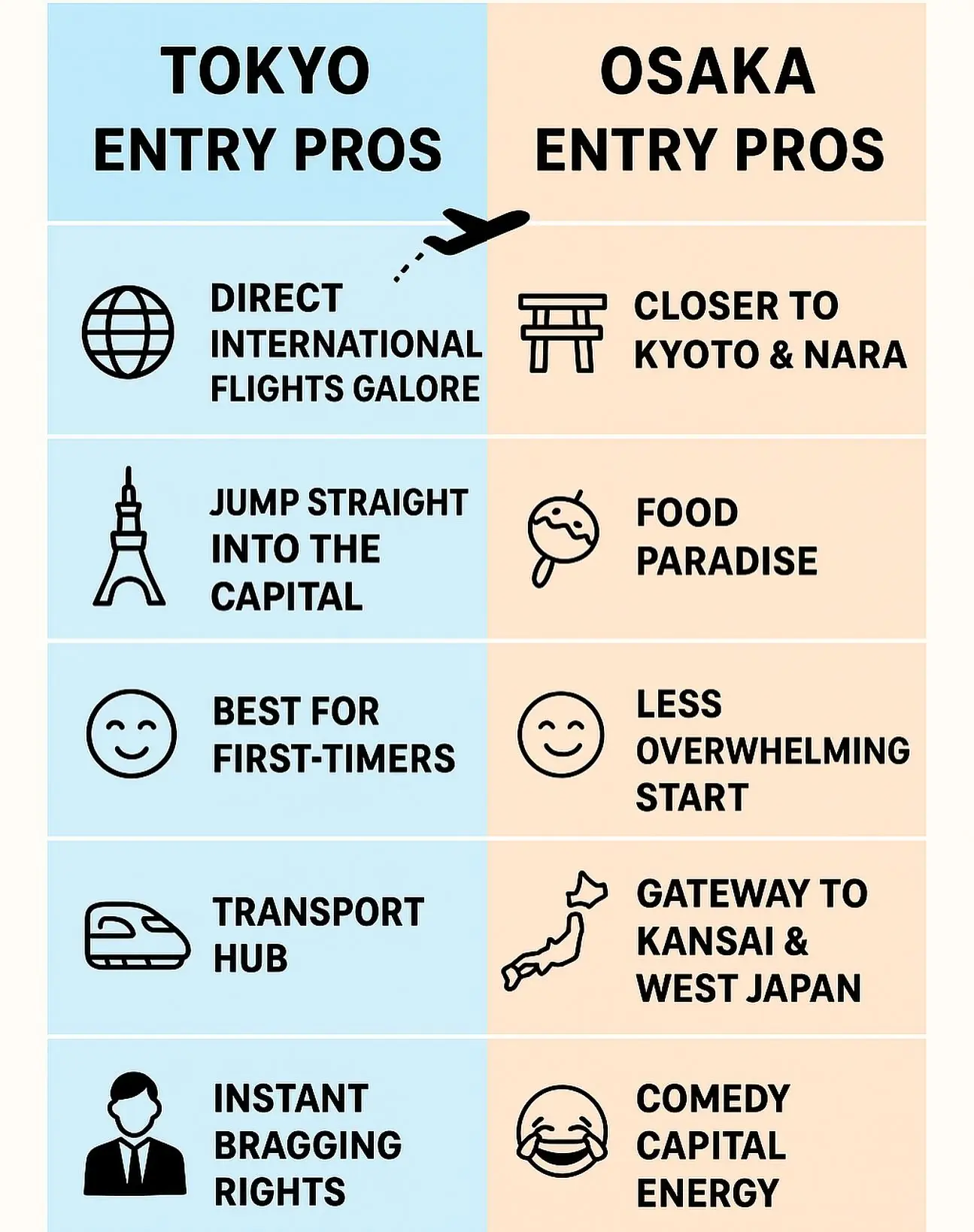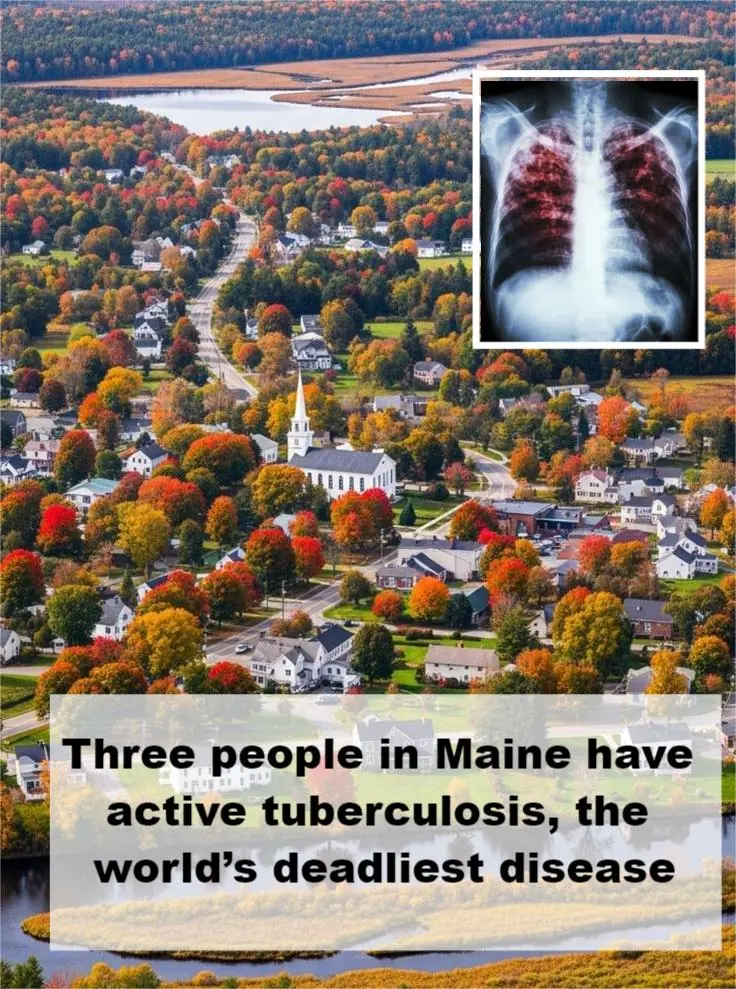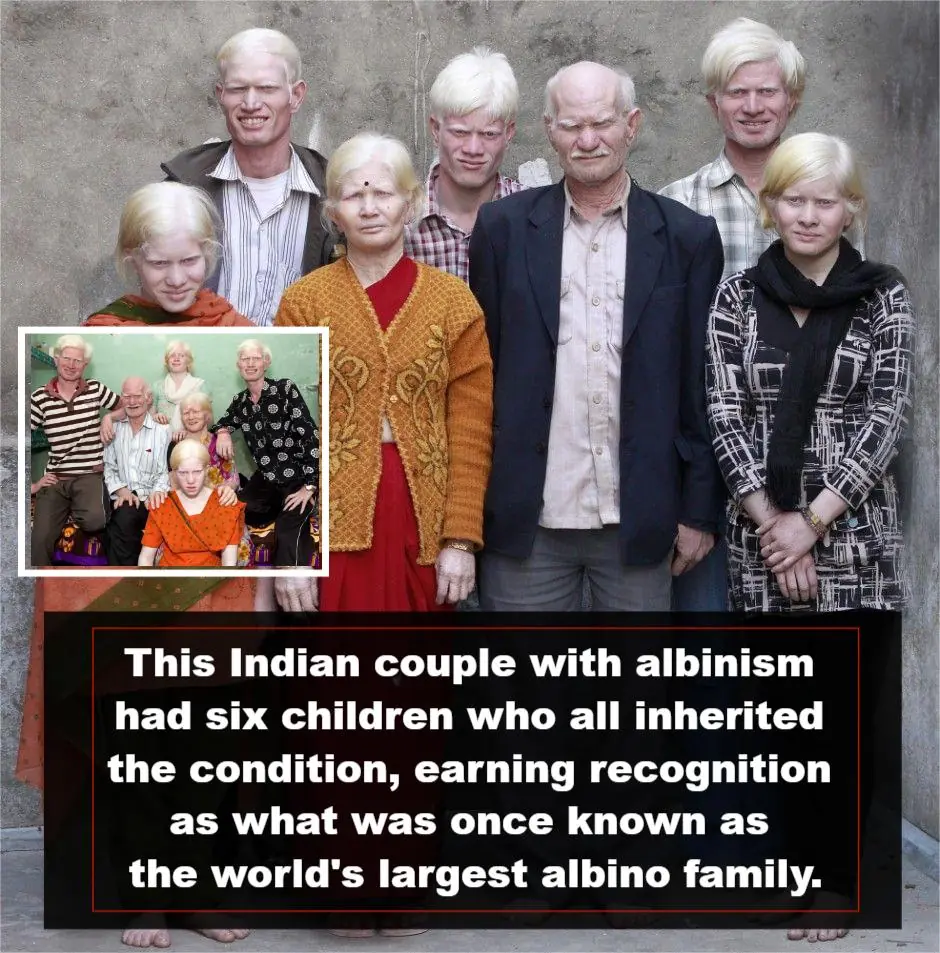
Urban Orchards in New Zealand: Growing Fruit Trees in Public Spaces for Everyone

Across New Zealand’s cities, a grassroots movement is quietly transforming public spaces into places of abundance and connection. Sidewalks, parks, and reserves are being planted with fruit trees—apples, pears, plums, citrus, and more—that anyone can harvest. Known as urban orchards or food forests, these initiatives are redefining the way communities think about food, public space, and sustainability.
Making Fresh Food Accessible
With the cost of fresh produce rising steadily, access to nutritious food has become a challenge for many families. Urban orchards offer a simple but profound solution: free, fresh fruit grown where people already live, walk, and play.
For households facing food insecurity, these trees provide more than fruit—they provide dignity. A healthy snack is no longer a luxury, but a resource openly shared with neighbors and strangers alike.
A Community-Driven Effort
Unlike traditional orchards, these projects thrive on community spirit. Local councils often grant land or approval, while residents take ownership of planting, watering, pruning, and harvesting. Volunteers, schools, and neighborhood groups all contribute, creating shared responsibility and pride.
This collaboration fosters connections among people who might otherwise never meet. Neighbors bond over digging holes, picking fruit, and maintaining trees. Food, in this case, becomes a catalyst for building stronger, more resilient communities.
Environmental Benefits of Food Forests
The advantages extend well beyond nutrition. Fruit trees green city streets, provide shade, and improve urban biodiversity by supporting birds, bees, and other pollinators. They absorb carbon dioxide, improve air quality, and contribute to climate resilience—all while producing food.
Urban orchards show that sustainability is not an abstract goal but something that can be lived daily, right in the heart of the city.
Success Stories in Auckland and Wellington
Cities like Auckland and Wellington are leading the way. Their community orchards are so well established that online maps guide residents to harvest-ready trees. In some areas, fruit-picking has become a seasonal family tradition, while surplus produce often finds its way to food banks and community centers.
These success stories prove that urban orchards can flourish in city environments when communities and councils work hand in hand.
A Culture of Generosity and Stewardship
At their core, New Zealand’s urban orchards reflect the country’s deep values of generosity, sustainability, and stewardship. By planting fruit trees in shared spaces, communities are making long-term investments in health, resilience, and beauty.
The message is simple yet powerful: food does not always need to come from a supermarket shelf. With cooperation and care, it can grow in the parks, streets, and neighborhoods where people live—nourishing both bodies and communities.
News in the same category


The Hidden Dangers of Mosquito Spraying: How Insecticides Harm More Than Just Mosquitoes

Nature’s Most Bizarre Mother: Unveiling the Surinam Toad’s Extraordinary Rearing

Europa’s Mysterious Radio Signals: Are We Witnessing the First Signs of Alien Contact?

Deadly Beauty: The Toxic Dofleinia Armata Washes Ashore in Australia

Blockbuster sea level study may turn climate change orthodoxy on its head

Family misses $1B Powerball jackpot by just one number, collects $150K instead

Cheerleader Laken Snelling, whose baby was found dead in trash bag, was dating popular college athlete

Tokyo vs. Osaka: Choosing the Perfect Gateway to Japan

Three Active Tuberculosis Cases Reported in Maine

Tupperware’s Strange Demise: When Durability Becomes a Downfall

A Rooftop of Hope: Man Saves Stray Dogs During Manila Floods

A Whopper of a Wedding: Burger King Pays for Couple’s Big Day

Angelina Jolie Says The ‘Best Sex’ She’s Ever Had On Set Was With Denzel Washington

Japan’s Ice Cream Maker Issues National Apology for 9-Cent Price Hike

The Angel of Nanjing: Chen Si’s Two-Decade Mission to Save Lives

Love, Loss, and a Concussion: How Memory Loss Brought a Couple Back Together

Harnessing the Wind: How a Malawian Teen Brought Light to His Village
News Post

Great hacks every family needs

The Maiden of Llullaillaco: The Best-Preserved Inca Mummy in History

The Hidden Dangers of Mosquito Spraying: How Insecticides Harm More Than Just Mosquitoes

9 Ways Guava Leaf Tea May Boost Your Health

Unlock the Secret to Vibrant, Fuller Hair with a Simple Homemade Tonic

Fix Your Hunch Back While You Sleep: Simple Tricks for a Straighter Spine!

Cucumbers Unveiled: The Refreshing Secret to Brighter, Healthier Eyes

Chayote Juice: 17 Irresistible Reasons Men and Women Over 30 Need This Superdrink

The Hidden Power of 5 Leaves to Transform Your Eye Health Naturally

The Surprising Truth About Using Lemon and Colgate for a Radiant Face

Garlic Power Unleashed: The Ultimate Natural Remedy for Fungal Infections

Seniors: Drink This for 5 Nights and Transform Your Digestion!

Nature’s Most Bizarre Mother: Unveiling the Surinam Toad’s Extraordinary Rearing

Honey: The Ancient Superfood That Never Spoils

Europa’s Mysterious Radio Signals: Are We Witnessing the First Signs of Alien Contact?

When Two Rare Souls Find Each Other: The Pullan Family of India and Their Extraordinary Journey

Zing into Wellness: The Banana Lemon Ginger Smoothie That’ll Energize Your Day

Cancer Hates These 5 Seeds – Seniors, Eat Them Daily (Fight Cancer Naturally)
